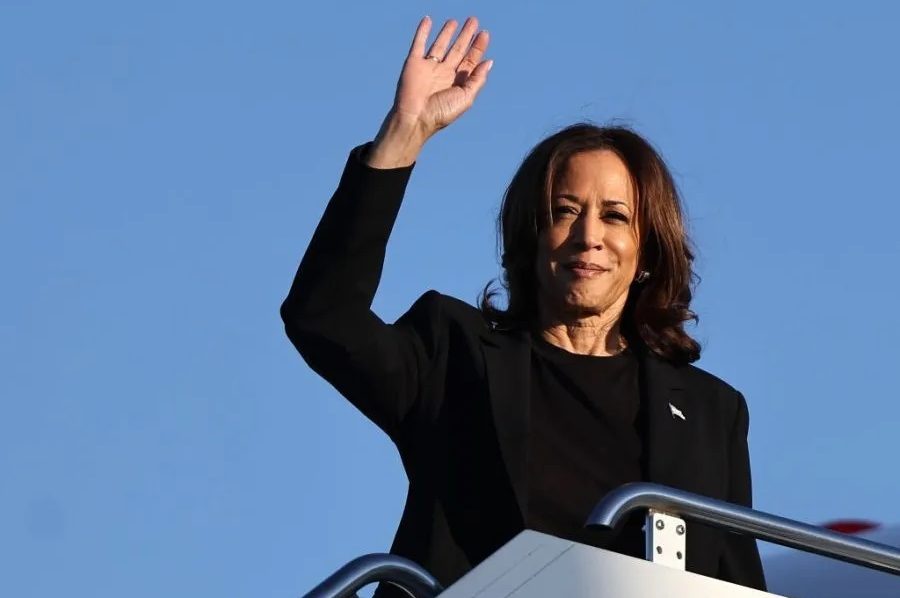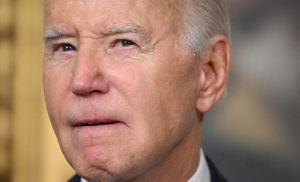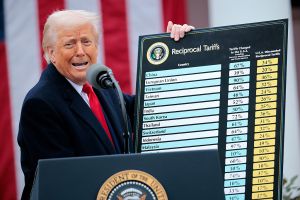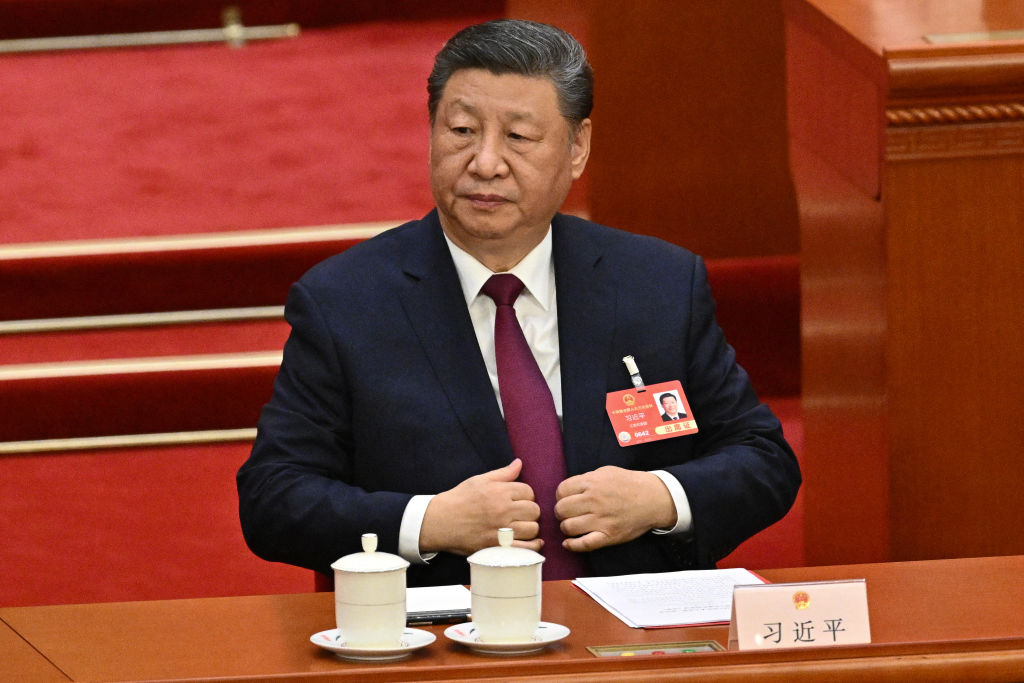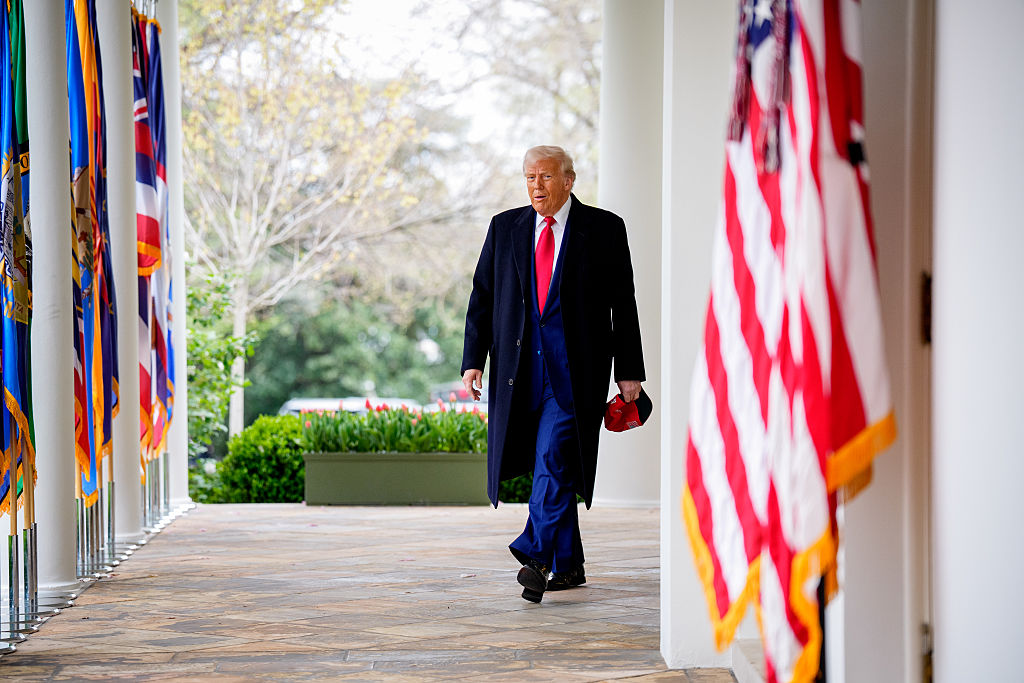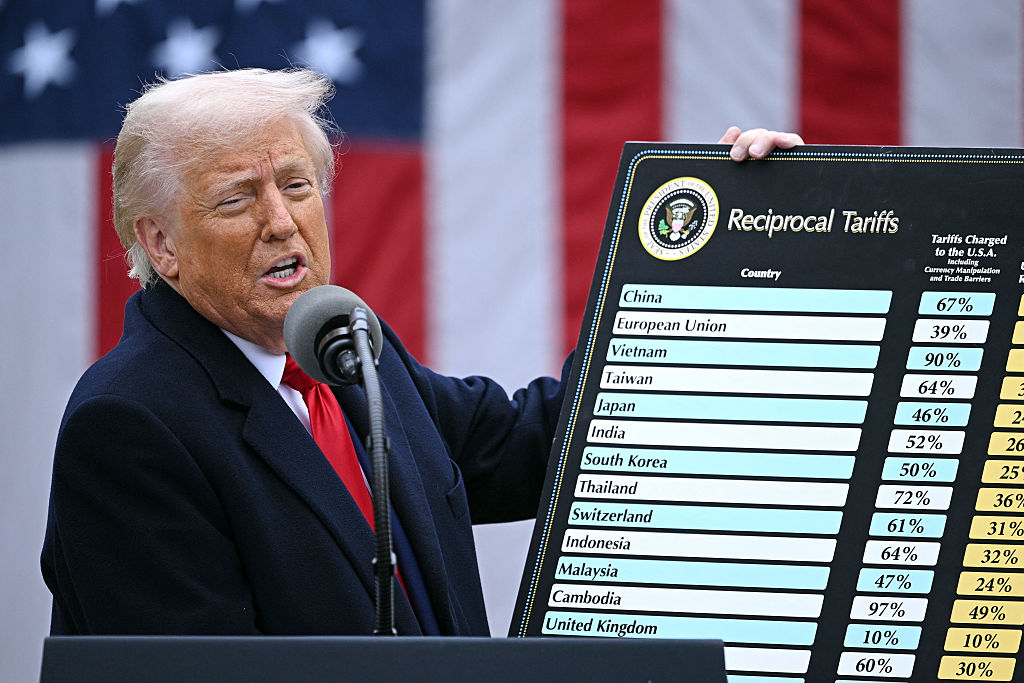Alex Cooper’s Call Her Daddy podcast interview with Vice President Kamala Harris was largely a love-in. But when you have been actively avoiding the media for the majority of your presidential campaign, even the most innocuous of questions can accidentally bite.
“You don’t do too many long-form interviews,” Cooper put to Vice President Harris at the start of their forty-five minute podcast recording. “What made you want to do Call Her Daddy today?”
It made complete sense to kick off Harris’s ‘media blitz’ with a long interview
One answer is listenership. Republican circles may scoff at the platform Cooper gives to sex, drugs and rock n’ roll, but those topics — and her business savvy — have roped in millions of listeners, transforming the podcast into a $100 million media venture which boasts some of the highest podcast downloads across the United States.
Yet Cooper’s question still hung in the air, made even more pointed (again, accidentally) by the introduction that came before the interview. “No topic was off limits,” Cooper tells the Daddy Gang (her listeners) in her preamble to sitting down with Harris. “I prepared seven different versions of this interview. Do I talk about the economy? Do I talk about border control? Do I talk about fracking?”
It turns out no — she does not talk about these things. “Let’s be real. I’m probably not the one to be having the fracking conversation” she says. Instead the full forty-five minutes is a conversation about reproductive rights, with a few personal questions sprinkled in.
This might have something to do with why Harris opted for this “long-form” interview. When pressed on those other subjects, it tends not to go so well. Talk of the economy reveals that she may not actually be aware of what “price-gouging” is — let alone what her proposed policy of price controls might do to the supply of basic goods. Talk of fracking raises anticipation about what position she’ll take — having held both pro-fracking and anti-fracking views in a very small window of time.
What Harris likes to talk about — indeed what she is trying to make the election about — is reproductive health and access to abortion, ideally with very little fact-checking thrown in. It made complete sense to kick off her “media blitz” with a long interview, speaking on the “most-listened to podcast by women on Spotify” on the one topic the vice president considers safe ground. Less “safe,” however, was some of the misinformation spouted. “Every state in the south, except for Virginia, has an abortion ban,” Harris insisted — a confusing piece of information in states like Florida and Georgia, for example, where access to abortion in the early stages of a pregnancy remains legal. Harris also doubled down that the election was also “about access to contraception, which is very much at risk with these folks” — despite Trump (albeit after some deliberation) having ruled out any kind of crackdown.
But the biggest rewrite was not about Trump’s record on women’s reproductive rights, but rather her own record in California. “A lot of my career was as a prosecutor,” the Harris told Cooper, “and so it was about really wanting to protect the most vulnerable and where they did not have the power…because they were the subject of an imbalance of power.”
It’s a claim from Harris that the American left has always struggled to grapple with, especially when asked to vote for her (she wasn’t able to muster up double digit polling support back in 2020, partially thanks to the revelations that her career as prosecutor and district attorney in the Golden State was anything but). Her bids to increase conviction rates — locking up non-violent drug offenders and pursuing vulnerable parents with truant kids through the criminal justice system — do not gel with the image she tries to promote now. They certainly don’t reflect a record where the needs of the vulnerable came first.
Of course, none of this was pointed out in the interview. That’s why it made sense to do it. Harris isn’t the only one to use the podcast platform to her advantage. Donald Trump has been sitting down with Lex Freedman and David Ramsey on their multi-million listener shows. The goal — for all hosts — is to attract listeners, which interviewers do by giving their guests room to breathe. It’s this more relaxed and flexible relationship between the interviewer and interviewee that is proving popular. It also guarantees a lot less scrutiny.
Trump has the opportunity to have a bit of fun. “We reached out to former president Donald Trump to come on the show,” says Cooper. “If he also wants to have a meaningful, in-depth conversation about women’s rights in this country, then he is welcome on Call Her Daddy anytime.” He should take Cooper up on the offer, on the condition he’s asked similar questions: What values did your mother instill in you from a young age; how do your opponent’s unkind words affect you; when people tell you “no,” what does that ignite in you? Not even Trump’s most avid critics could resist knowing how he’d answer that last one.
This article was originally published on The Spectator’s UK website.



